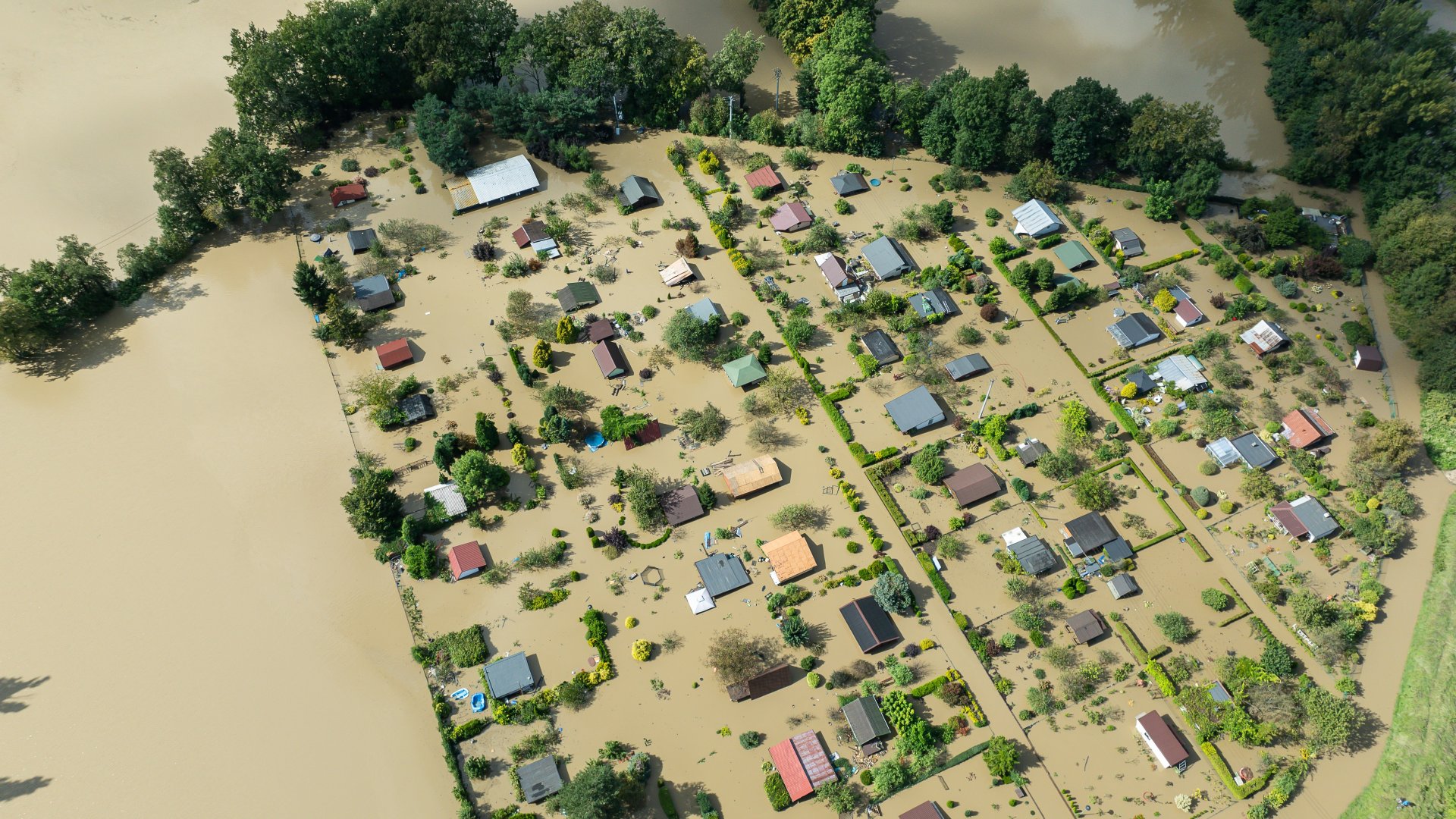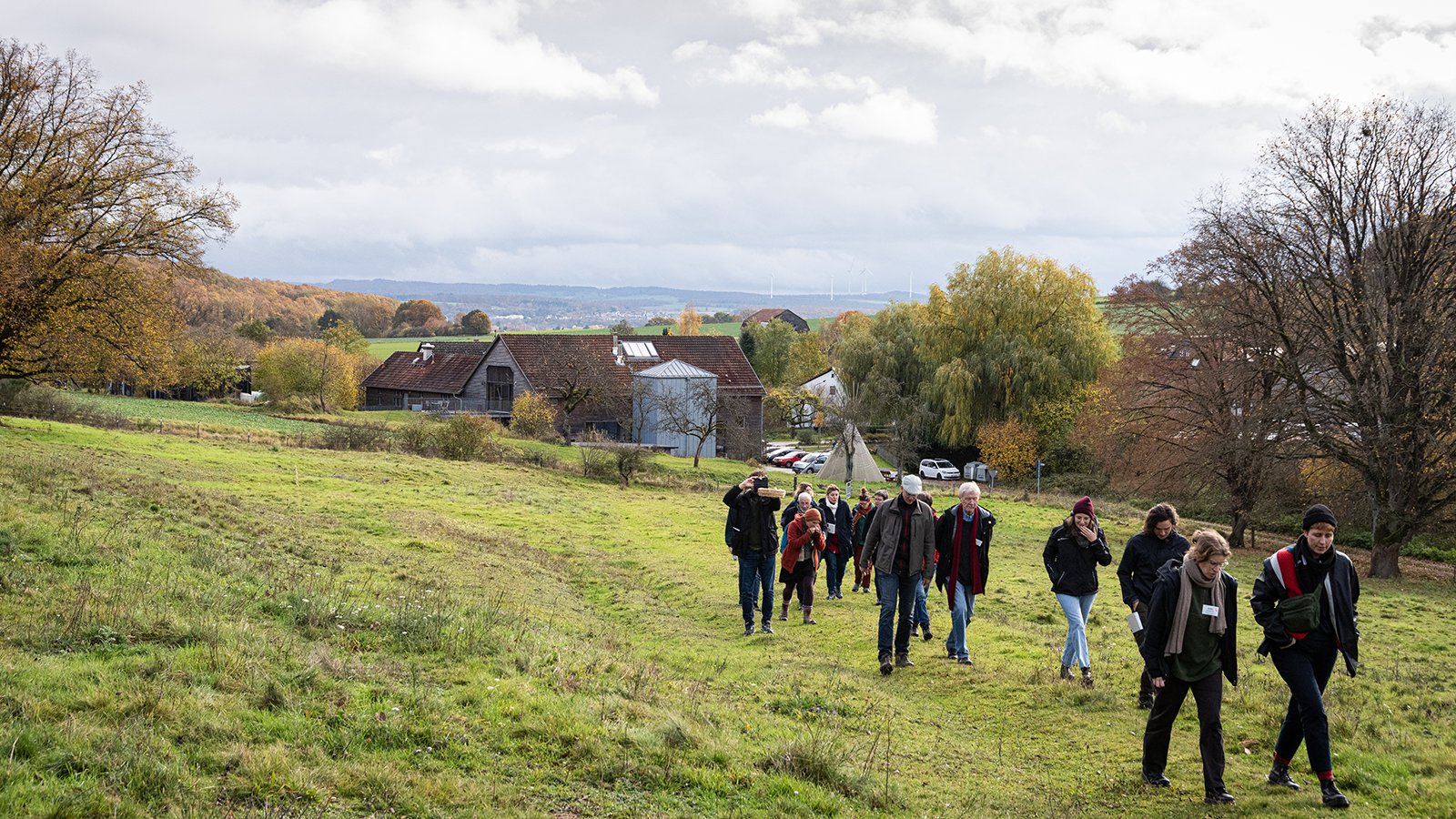Why Climate Policy Must Become a Priority
Heat waves and forest fires, extreme droughts and floods: The effects of climate change are becoming more drastically evident every year—and in every part of the world. But the more the world occupies itself with crises, wars, and shifts in the international order, the more the subject of climate action is ultimately pushed into the background. Adherence to climate goals, reduction of greenhouse gas emissions, as well as necessary adjustments to the impacts of climate change—there is very little discussion of these topics to be found anymore in political and social discourse.
This dossier is a plea to return climate policy to the top of the political agenda. We addressed a similar appeal to political leaders this spring in the early days of the new German federal government, in solidarity with multiple civil society stakeholders. The dossier provides facts and arguments for why climate policy must become a priority once again. It refers to approaches that we follow at the Robert Bosch Stiftung, from the local up to the global level.
Climate policy encompasses food policy, because the foods we eat and the way we produce them influence the environment and the climate. Climate policy touches on the subject of migration, since it has long been clear that climate change has robbed millions of people of their livelihoods and forced them to flee their homes—especially people in the Global South, who bear the least responsibility for climate change. Climate policy also includes the issue of land rights for indigenous communities around the world: In order to offset massive CO₂ emissions, industrialized countries in particular rely on compensatory measures—measures such as reforestation, which swallow up enormous areas of land in the Global South and drive people out of their ancestral homes.
Our work around the subject of climate change is always focused on people: on the ways that climate change affects the reality of their lives—and on how they want to and can participate in shaping policies that deal with climate change. This is exemplified in direct democracy formats such as the citizens' councils on climate topics and other German civil society initiatives on climate issues that we support. It is essential for us to include people in discussions about climate change and in the search for solutions.


